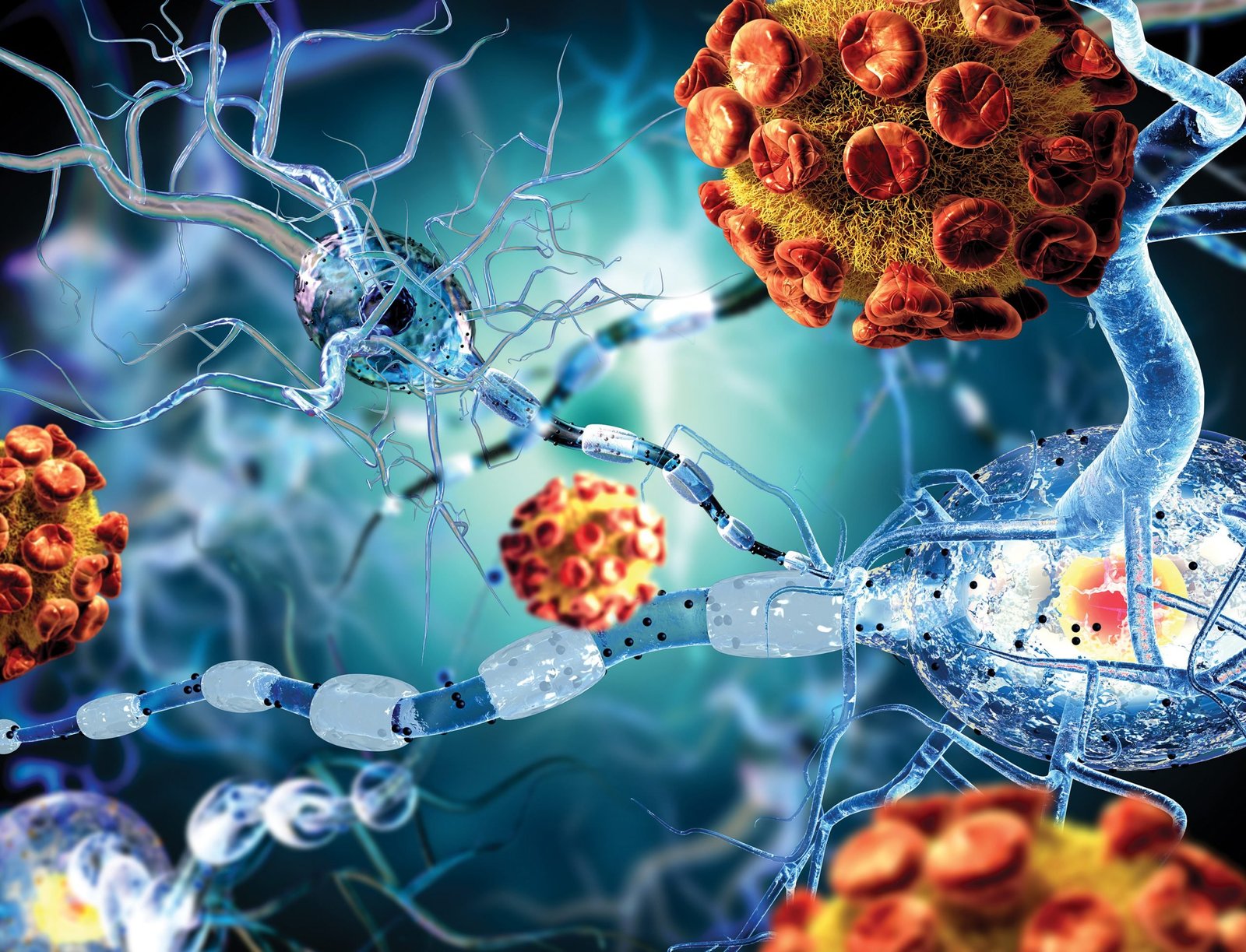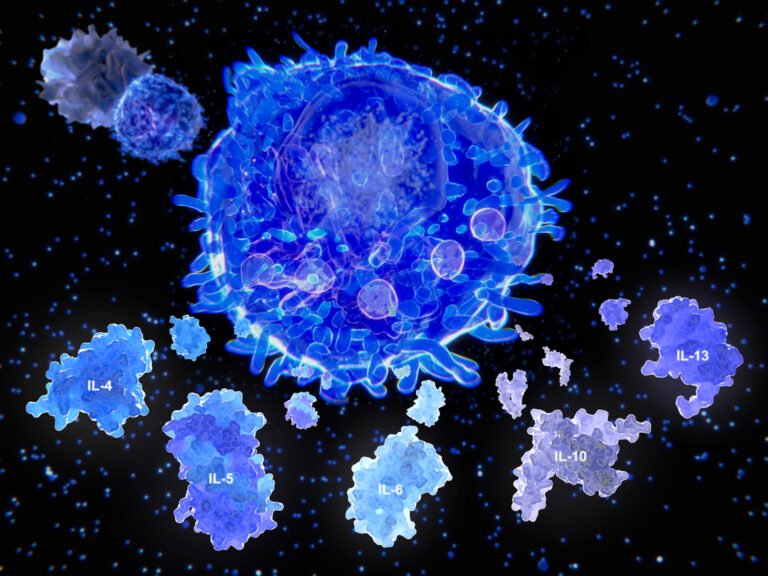Understanding Autoimmune Diseases: The Body’s Unseen Battle
Introduction
Autoimmune diseases are a perplexing group of disorders that have baffled scientists and doctors for decades. These conditions arise from an abnormal immune response of the body against substances and tissues normally present in the body. In simpler terms, the body mistakenly attacks itself.
What Happens in Autoimmune Diseases?
In a healthy immune system, the body can distinguish between foreign cells and its cells. But in an autoimmune disease, this system goes awry. The immune system mistakes parts of your body, like your joints or skin, as foreign. It releases proteins called autoantibodies that attack healthy cells.
Common Types of Autoimmune Diseases
Some autoimmune diseases target only one organ. For instance, Type 1 diabetes damages the pancreas. Others, like lupus, can affect the whole body. Here’s a list of some common autoimmune diseases:
- Lupus: A chronic inflammatory disease that can affect many different body systems.
- Rheumatoid arthritis: This condition attacks the joints, causing inflammation and pain.
- Crohn’s disease: An inflammatory bowel disease that causes severe gastrointestinal distress.
- Hashimoto’s thyroiditis: The immune system attacks the thyroid gland, leading to hypothyroidism.
- Psoriasis: Characterized by patches of abnormal skin.
- Multiple sclerosis: The immune system eats away at the protective covering of nerves.
- Myasthenia gravis: This causes weakness in the skeletal muscles.
- Type 1 diabetes: The immune system attacks insulin-producing cells in the pancreas.
- Pernicious anemia: This leads to a decrease in red blood cells when the body can’t absorb enough vitamin B12.
Symptoms and Diagnosis
Symptoms can vary significantly from person to person and can include fatigue, dizziness, muscle aches, and skin rashes. Diagnosis often requires a combination of tests and a thorough examination by a healthcare professional.
Causes and Risk Factors
The exact cause of autoimmune diseases is unknown, but they are believed to be a result of a combination of genetic and environmental factors. Risk factors may include gender, family history, and ethnicity.
Living with an Autoimmune Disease
Living with an autoimmune disease can be challenging. It’s a condition that requires constant management and can affect every aspect of life. But with the right treatment and support, many people with autoimmune diseases lead full, active lives.
Conclusion
Autoimmune diseases are a testament to the complexity of the human body. They remind us that sometimes, our greatest enemy lies within. But with ongoing research and improved treatments, there is hope for those affected. If you suspect you have an autoimmune disease, consult with a healthcare professional for an accurate diagnosis and a management plan tailored to you.







